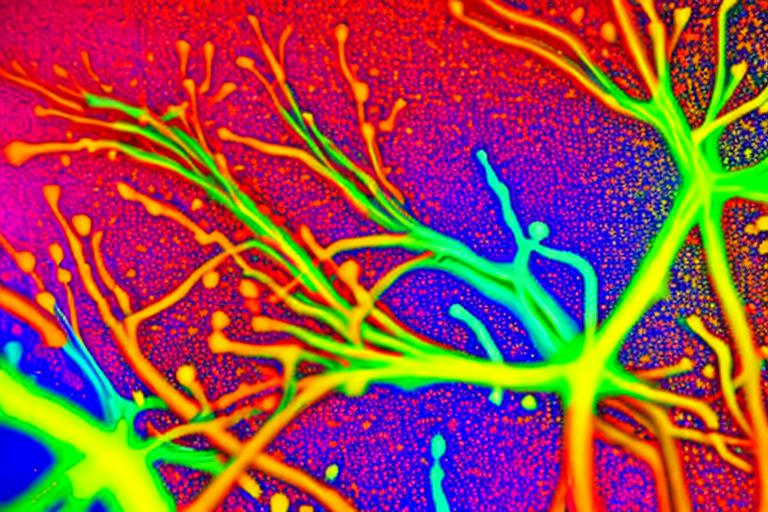New Study Sheds Light on Genetic Differences and Age-Related Changes
Article Summary:
A study by UC Davis MIND Institute researchers reveals that brain development in individuals with autism differs from those with typical neurodevelopment. The differences are related to genes involved in inflammation, immunity response, and neural transmissions, which evolve across a person’s lifespan. The study examined the genetic differences in brain neurons of autistic individuals and compared them with neurotypical individuals. They discovered 194 significantly different genes, with many linked to brain connectivity and immune response. Additionally, the study found similarities in mRNA expressions between individuals with autism and those with Alzheimer’s disease, which may indicate an increased likelihood of neurodegenerative and cognitive decline.
Article:
A new study by UC Davis MIND Institute researchers shows that the brain development of people with autism is different from those without autism. These differences are related to genes affecting inflammation, immunity, and nerve signals. They start in childhood and change throughout a person’s life.
In the U.S., about one in 44 children has autism. People with autism may behave, communicate, and learn differently from others. As they get older, they often have problems with social communication and interaction.
The scientists wanted to learn how nerve cells in the brain communicate and how this is affected by age and autism. They looked at the genetic differences in brain nerve cells of people with autism at different ages and compared them to people without autism.
Previous research showed that certain brain areas have too many nerve cells at first, but these cells later decrease in number and lose connections as people with autism get older.
The researchers studied brain tissue from 27 people with autism and 32 people without autism, who were between 2 and 73 years old. They focused on a part of the brain called the superior temporal gyrus (STG), which is responsible for processing sound and language and understanding social situations.
The study found 194 genes that were different in the brains of people with autism. Some of these genes were linked to how nerve cells communicate and how the body responds to stress and inflammation. The researchers also discovered that the levels of certain genes changed with age in people with autism, affecting brain function and inflammation.
One important chemical messenger in the brain, called GABA, helps to slow down the brain and control overactivity. The study found that the genes involved in making GABA changed with age in the brains of people with autism.
Furthermore, the study found similarities between people with autism and those with Alzheimer’s disease, which could be related to a higher risk of brain and memory problems.
Understanding these changes in the brains of people with autism can help develop better treatments and interventions for different stages of life.










